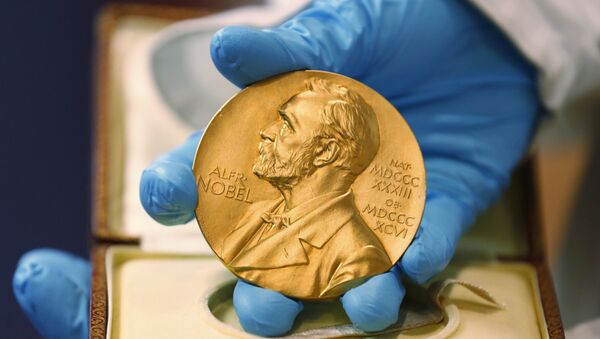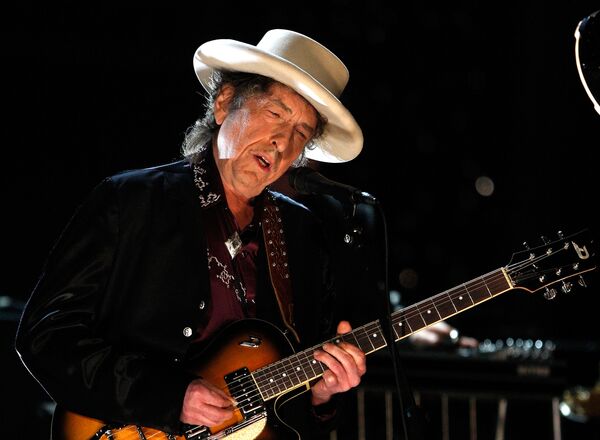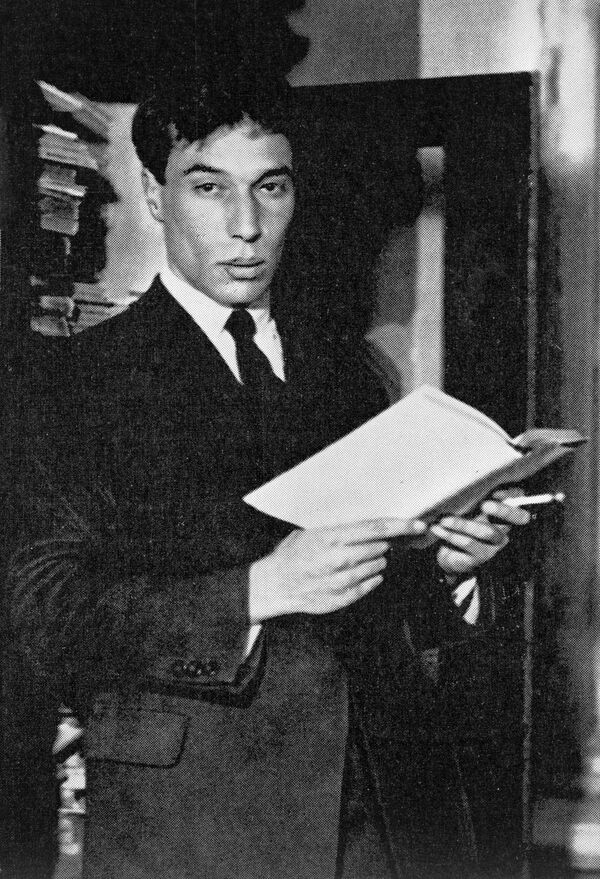"He underscored, once again, that he indeed feels much honored and wished that he could receive the prize in person," the Swedish Academy reported.
"The prize still belongs to Bob Dylan," the academy noted, adding that the only requirement is that he give the traditional Nobel Lecture within six months from December 10. The lecture does not have to take place in Sweden.
In 1935, German pacifist Carl von Ossietzky received the Nobel Peace Prize for his work in exposing Germany's clandestine rearmament. Hitler tried to put pressure on the Nobel Committee and the King of Sweden to reconsider the decision, but to no avail.
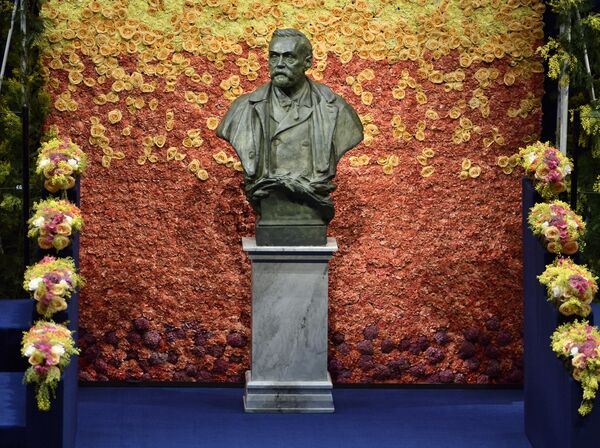
After Hitler banned residents of the Third Reich from getting the Nobel Prize in 1937, chemists Richard Kuhn and Adolf Butenandt as well as physiologist Gerhard Domagk, whose achievements were touted by the Nobel Committee between 1938 and 1939, did not attend the award ceremony.
They only managed to do so after the fall of Nazi Germany in 1945.
In 1958, Soviet dissident poet Boris Pasternak refused the Nobel Prize he was awarded for his novel "Doctor Zhivago" after the wave of criticism it stirred in his home country. The Nobel medal was first awarded to Pasternak's son in 1989.
French philosopher and existentialist writer Jean-Paul Sartre remains so far the most renowned "conscientious objector" in Nobel Prize history.
In 1964, Sartre declined the Nobel Prize, stating that a writer must refuse "being transformed into an institution, even if it happens in the most honorable form" and remained loyal to his beliefs.
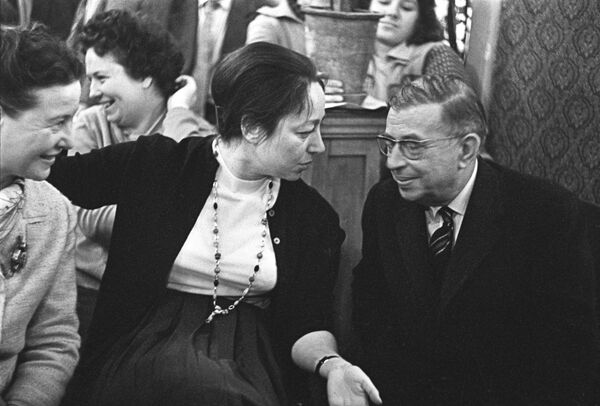
Soviet dissident writer Alexander Solzhenitsyn, who was awarded the 1970 Nobel Prize in Literature, refused to attend the Nobel Gala and refused the award altogether, yet reconsidered the decision and accepted the award in 1974 after leaving the Soviet Union.
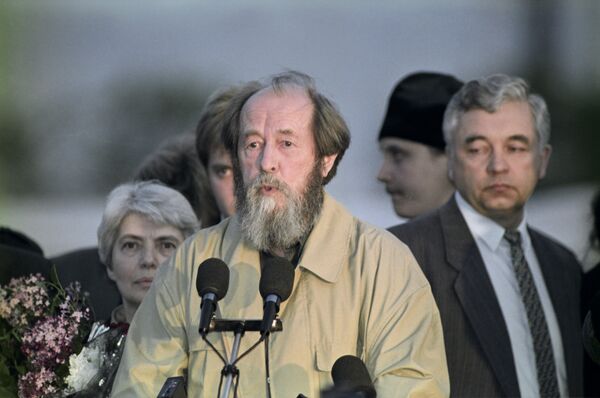
In 2004, Austrian playwright and novelist Elfriede Jelinek was awarded the Nobel Prize in Literature for her "musical flow of voices and counter-voices in novels and plays that, with extraordinary linguistic zeal, reveal the absurdity of society's clichés and their subjugating power."
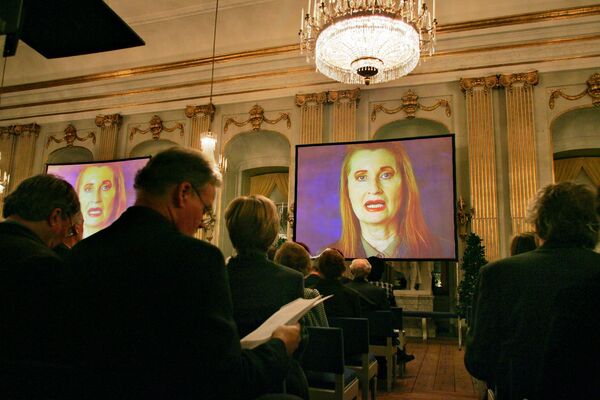
The will of the Swedish inventor Alfred Nobel established the international awards in 1895. The prizes in Chemistry, Literature, Peace, Physics, and Physiology or Medicine were first awarded in 1901.

